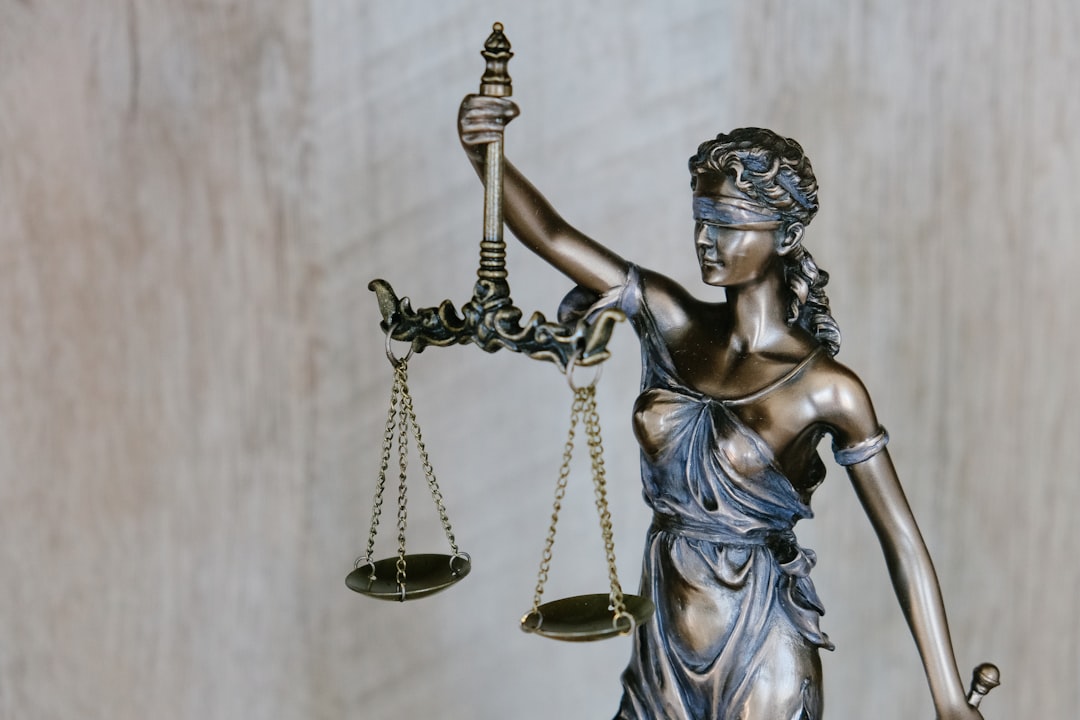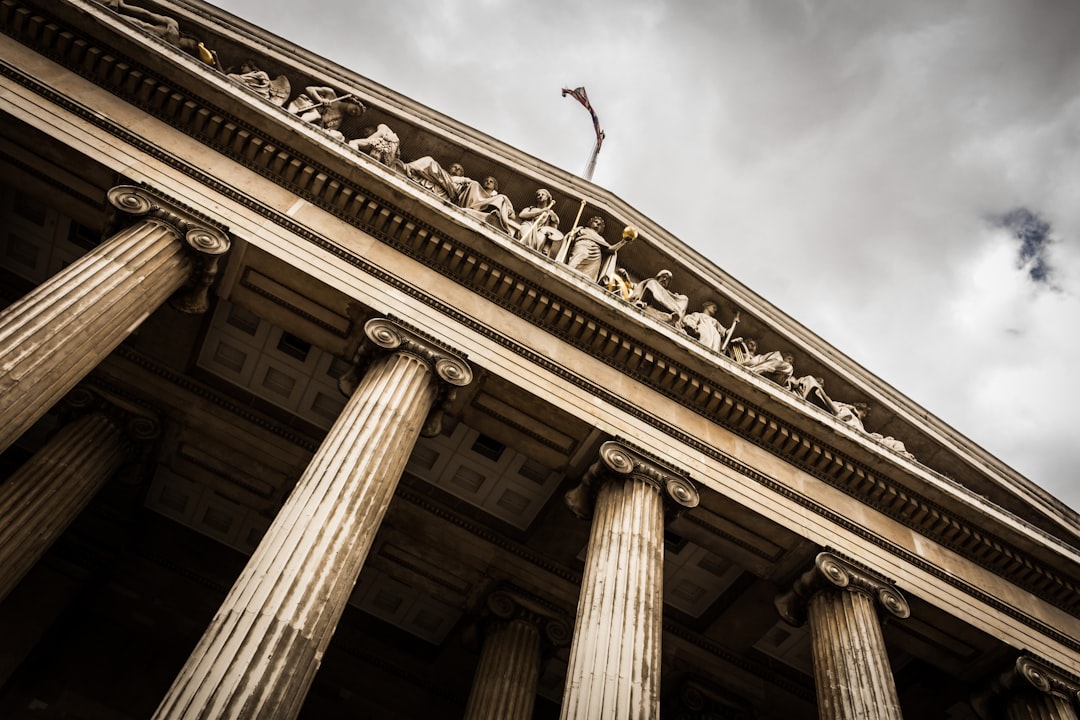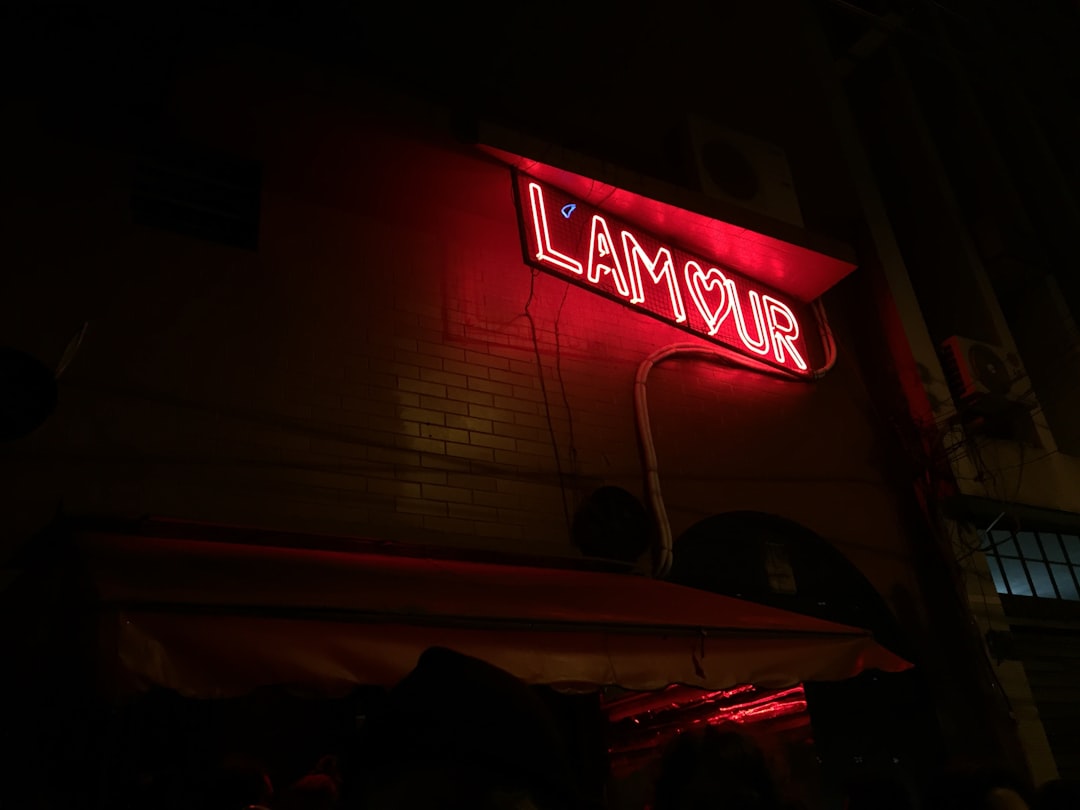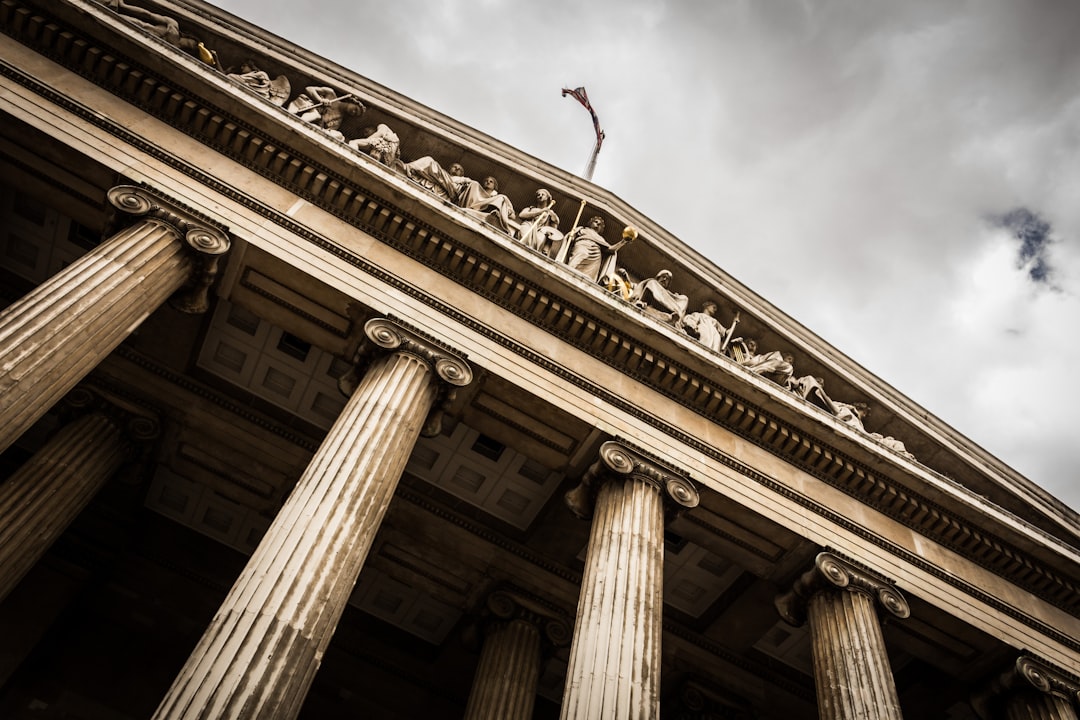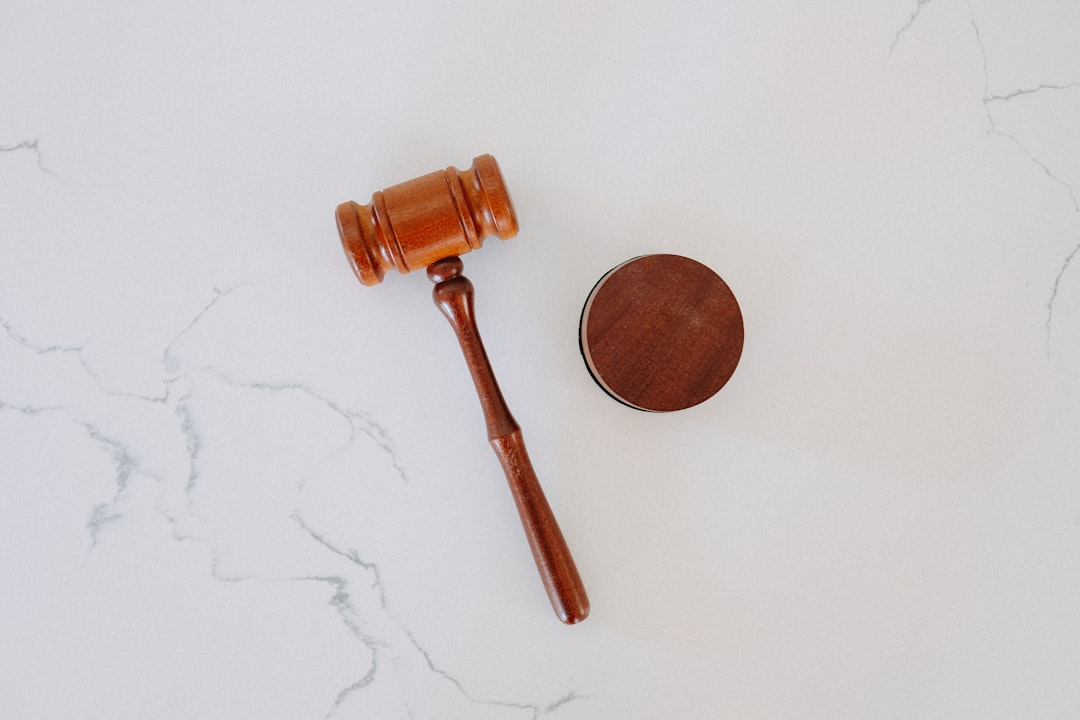In Georgia, where laws regarding sexual abuse are evolving, survivors need dedicated legal support more than ever. If you’ve been affected by sexual assault, a knowledgeable sexual abuse lawyer in Georgia can be your best ally. This article explores Georgia’s sexual abuse laws, highlighting the critical role a skilled attorney plays in advocating for justice. We’ll guide you through the legal procedures involved and provide resources to support survivors in their journey towards healing and closure.
Understanding Georgia's Sexual Abuse Laws
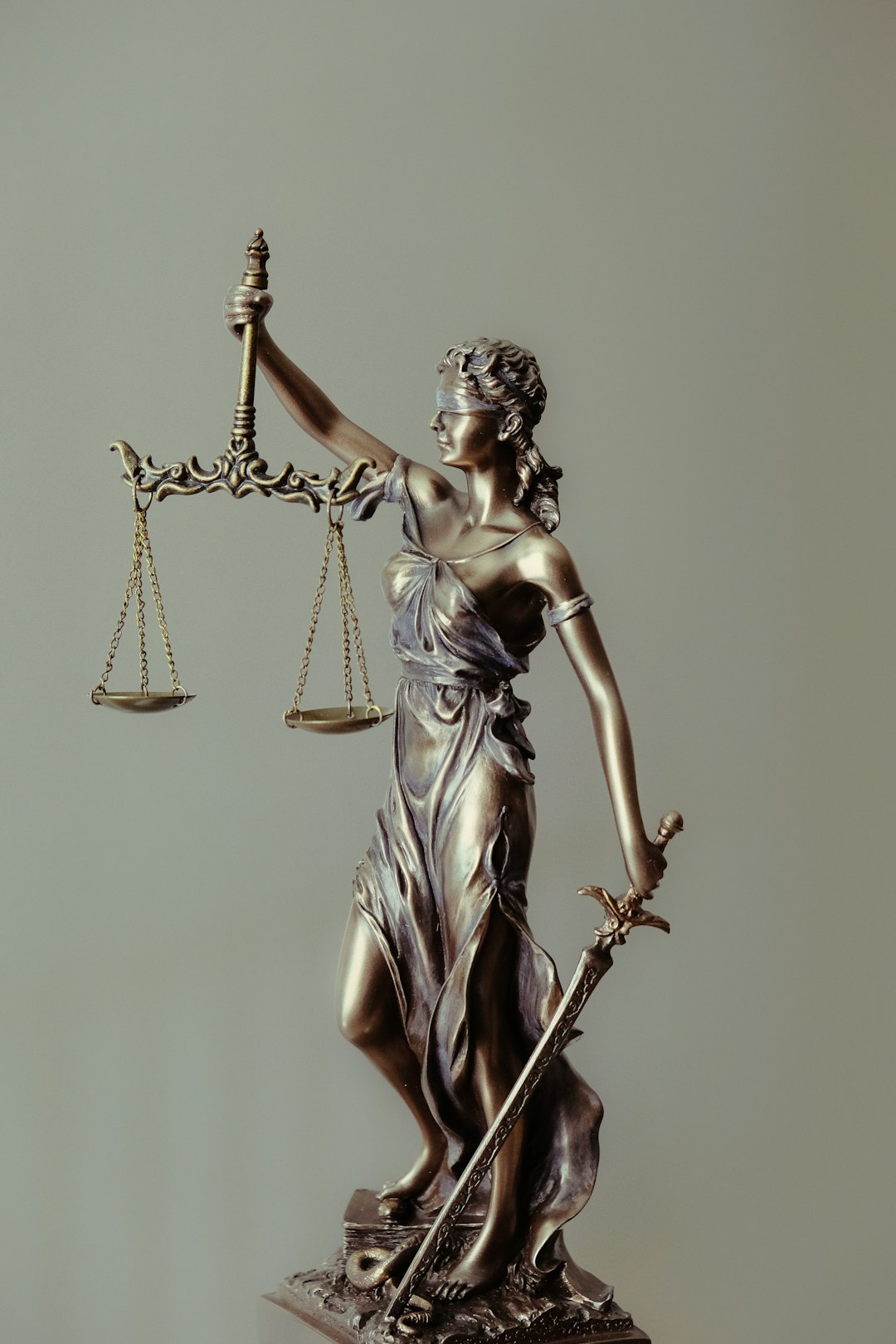
In Georgia, sexual abuse laws are designed to protect individuals from non-consensual sexual acts and harassment. If you’ve been a victim of sexual assault or misconduct in the state, understanding your legal rights is crucial. A sexual abuse lawyer in Georgia can guide survivors through the complex legal system and help them seek justice. These attorneys specialize in cases involving rape, assault, harassment, and other forms of non-consensual intimate acts.
Georgia laws define sexual abuse broadly to include a range of offenses, from simple battery to more severe crimes. A sexual abuse lawyer can explain these laws and their implications for your case. They advocate for victims’ rights and work diligently to ensure that the accused are held accountable through fair trials and just outcomes.
The Role of a Skilled Attorney
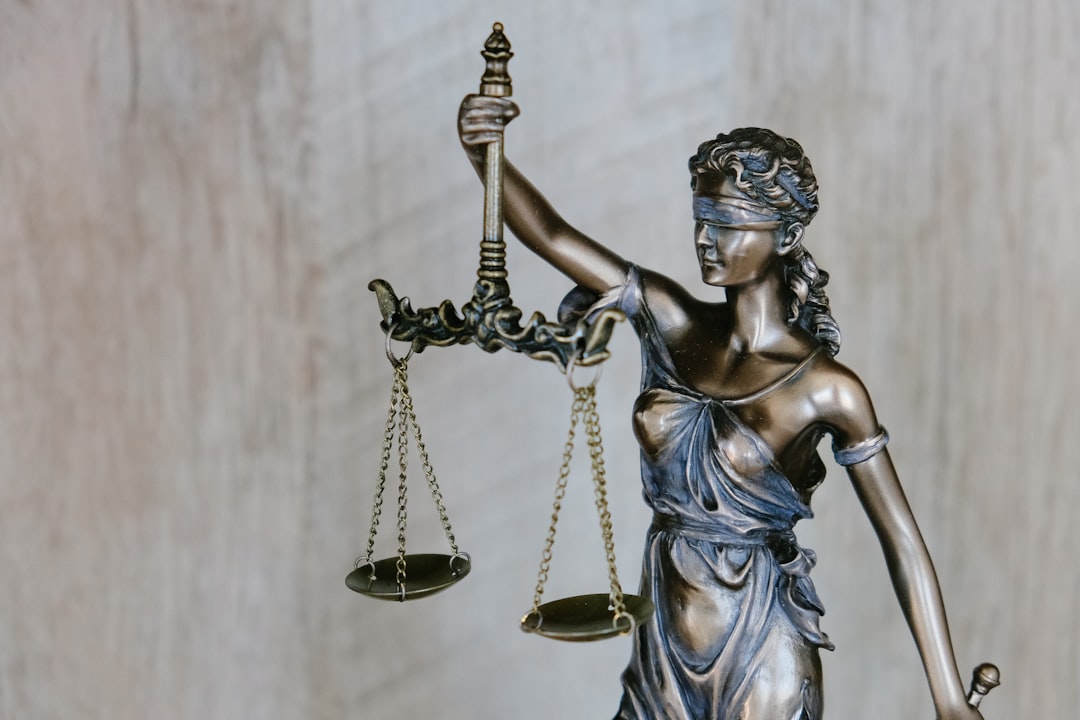
When facing sexual abuse allegations, whether as an accused or a victim seeking justice, having a skilled and experienced attorney by your side is invaluable. A sexual abuse lawyer in Georgia understands the complexities and sensitivities of such cases and navigates the legal system with expertise. They play a crucial role in protecting the rights of their clients, ensuring fair treatment, and guiding them through the often challenging process.
A knowledgeable sexual abuse lawyer in Georgia can provide much-needed support, offering a safe space to discuss options and strategies. They possess an in-depth understanding of state laws pertaining to sexual offenses, which is essential for building a solid defense or pursuing charges effectively. Through their expertise, they can help clients understand their legal rights, gather evidence, and present compelling arguments, ultimately fighting for justice and ensuring the best possible outcome.
Navigating Legal Procedures for Justice
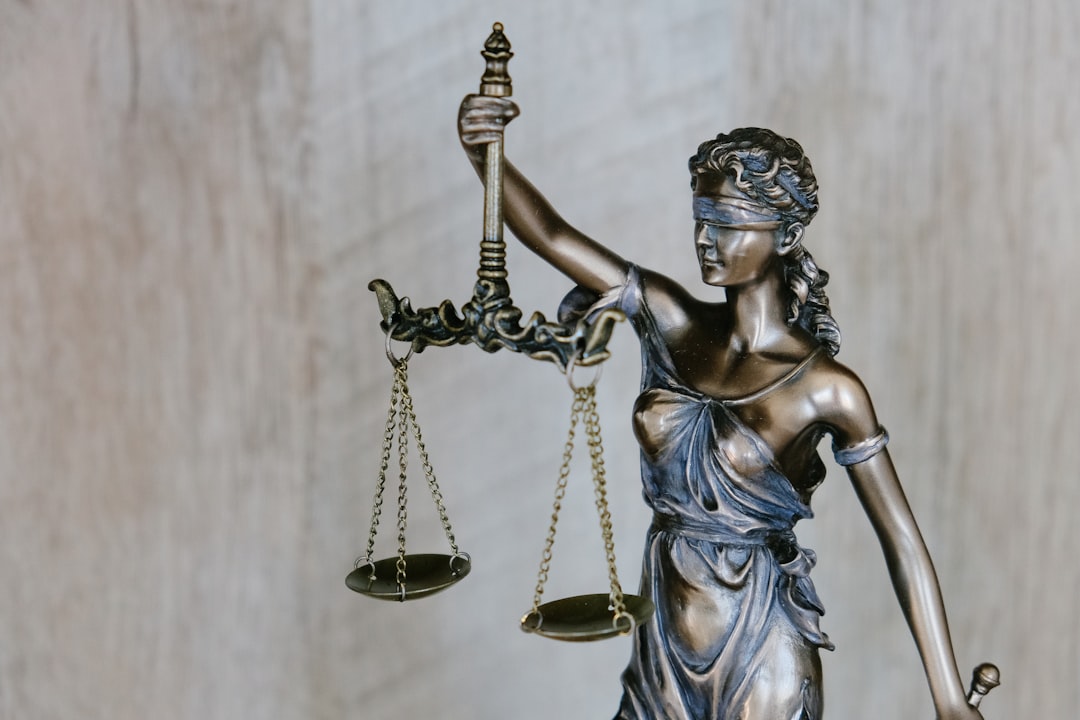
Navigating legal procedures can be a complex and daunting task, especially when dealing with sensitive issues like sexual abuse. A skilled sexual abuse lawyer in Georgia plays a pivotal role in guiding clients through this challenging process. They understand the intricate laws and regulations surrounding sexual assault cases and know how to build a strong case.
These attorneys employ strategic approaches, gathering evidence, interviewing witnesses, and crafting compelling legal arguments to ensure their clients’ rights are protected. Their expertise lies in navigating the court system, understanding procedural rules, and advocating for just outcomes. With their support, survivors of sexual abuse can focus on healing while they leave the intricate work of seeking justice to their dedicated legal representatives.
Supporting Survivors: Resources and Steps
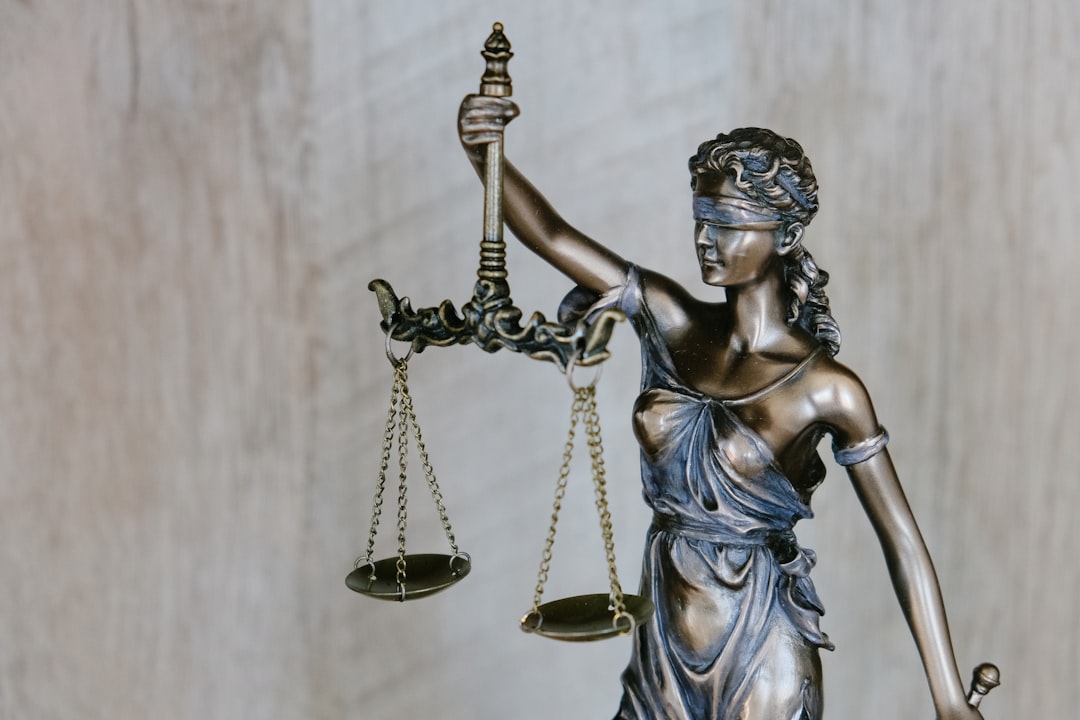
For survivors of sexual abuse in Georgia, seeking justice can be a daunting journey. It requires strength and courage to come forward and report the trauma they have endured. The first step is often the hardest—to share their story and take action against their abuser. A sexual abuse lawyer in Georgia plays a vital role in this process by providing legal guidance and support tailored to each unique case.
Survivors can access various resources, such as counseling services, victim advocacy organizations, and hotlines dedicated to supporting individuals who have experienced sexual assault. These initiatives help survivors heal and navigate the legal system effectively. A qualified attorney will assist with understanding their rights, gathering evidence, and taking the necessary legal steps to ensure the abuser faces consequences for their actions. This process may include filing a civil lawsuit or pressing criminal charges, offering a platform for healing and closure.
